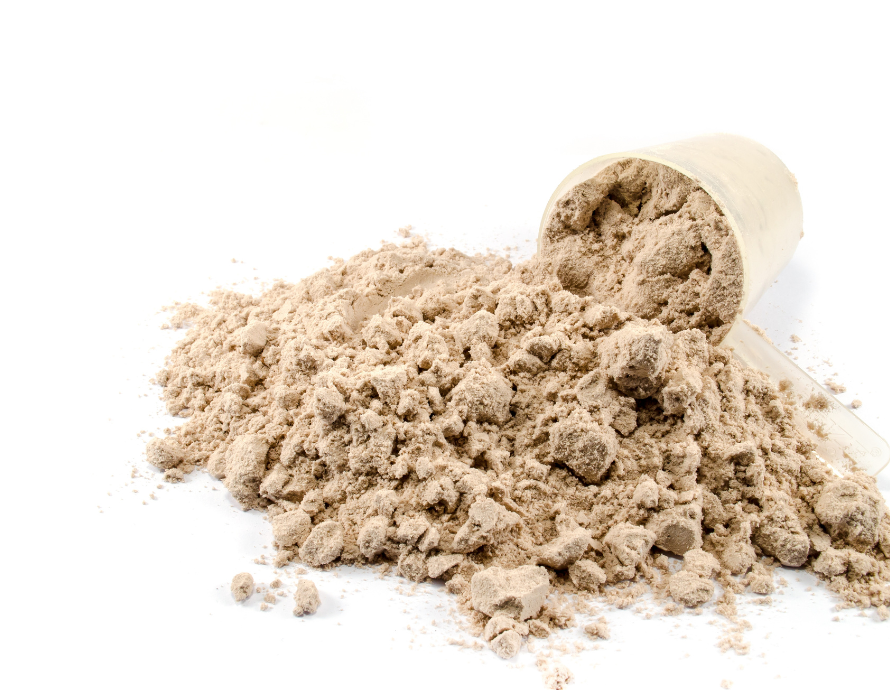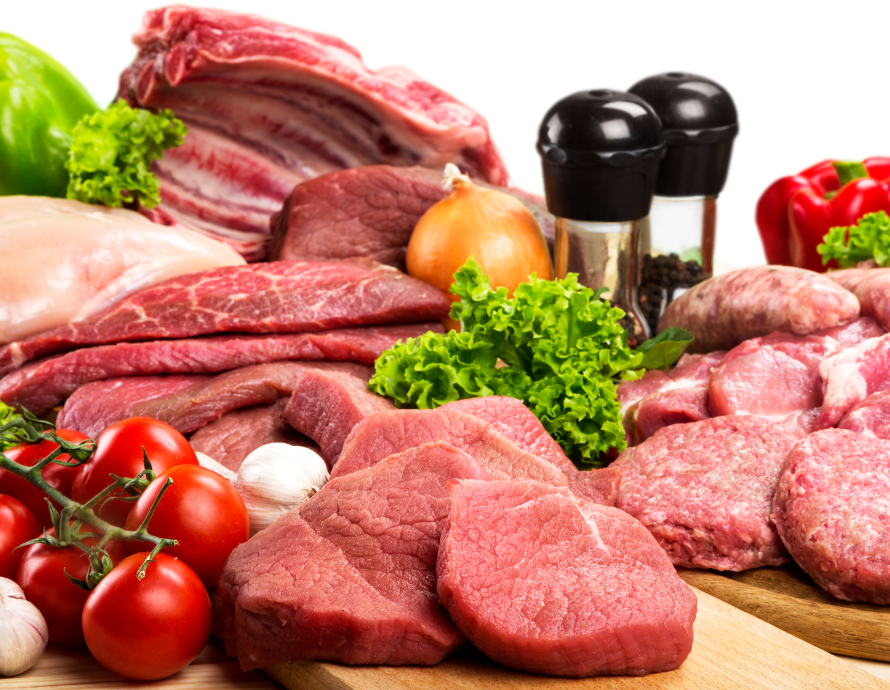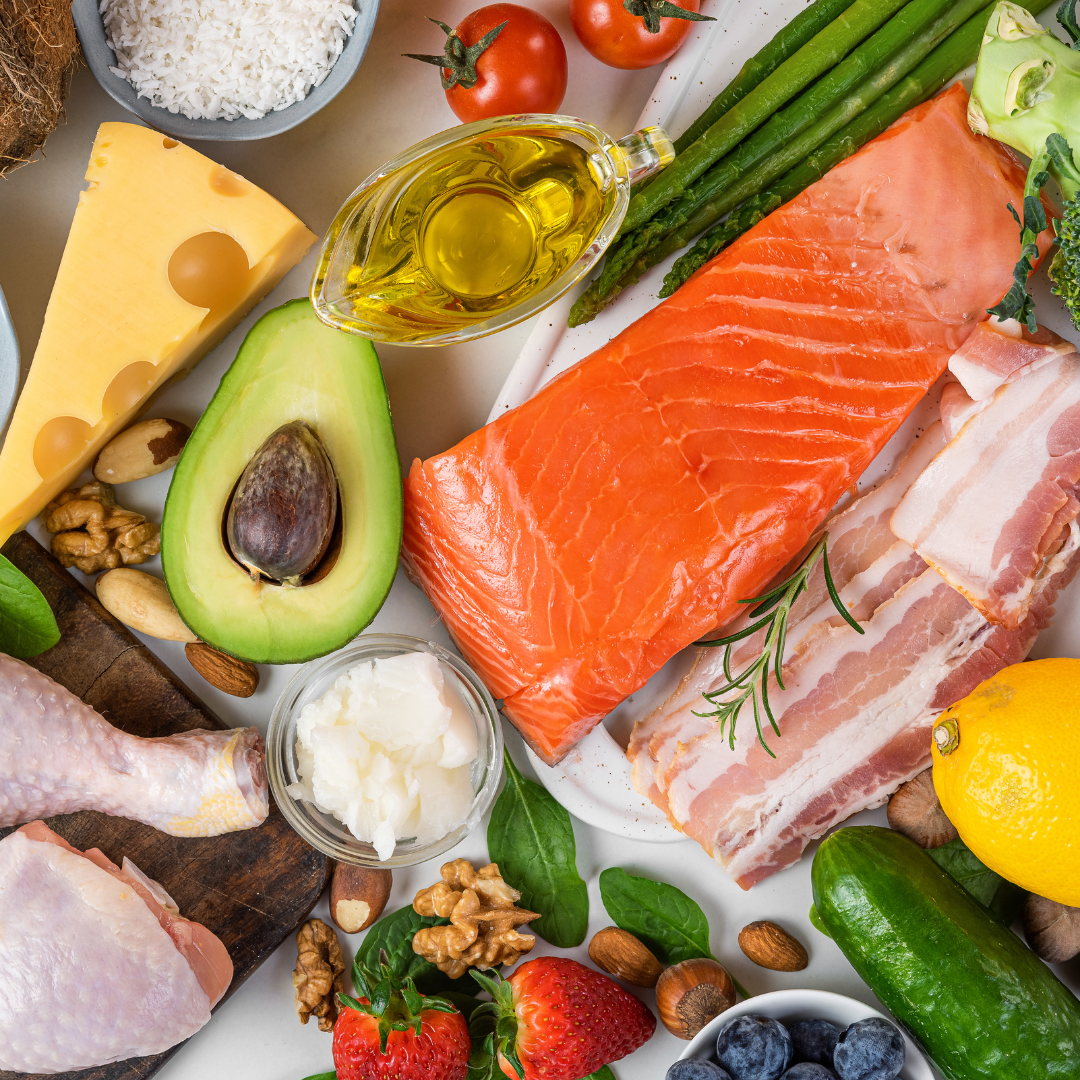
8 Ingredients to Avoid in Protein Powders

1. Thickeners or Gums

Thickeners and gums, a common culprit is xanthan gum, are made from soy or corn and can affect your gut microbiome quite significantly. You may experience symptoms of IBS in the short run, and develop an IBD in the long run.
2. Casein or Whey

Steer clear of any non-plant-based protein powders!! Just because they’re made from animal by-products does not make them higher in protein, but it does make them higher in risk! These can be referred to as sodium caseinate and WPC, so read the label.
These powders are high in lactose and much more difficult to absorb, as well as highly inflammatory. Short term this will cause bloating, gas and symptoms of IBS but in the long term can lead to leaky gut. Leaky gut can lead to a lot worse issues so avoid at all costs!
3. Gluten
.
Gluten is a no-no. It is highly inflammatory and another precursor to leaky gut. Gluten is also one of the most common food sensitivities alongside dairy. Even if you don’t think you’re sensitive to gluten, you are! Want me to prove it to you? Run a food sensitivity test, simple!
Having gluten in your protein powder can lead to chronic inflammation, hormonal imbalances, acne, eczema, fatigue, mood swings, migraines or headaches and more.
4. Soy

Soy protein is often GMO! (Whilst you’re at it, add GMO ingredients to the list of things to avoid). Additionally, soy protein is often full of pesticides, which leads to toxic build up and many pesticides have been linked to chronic diseases and cancer.
5. Vegetable Oils

Often vegetable fat or oils are added to improve the texture of protein powders and give them a creamy taste, but these are often derived from sources that contain trans fats, which, FYI, are more harmful than saturated fats. These will encourage bad cholesterol and lead to weight gain. Ironically, these are added to a lot of ‘weight loss’ protein powders!
6. Milk Powders

If you see any powdered or solid form of milk avoid. Not only is this a form of dairy, so it will be inflammatory and upset your digestive system and your skin, but it is a sign of a poor-quality powder as they are most often used as a cheap bulking agent!
7. Bulking Agents & Fillers

Basically, anything that doesn’t NEED to be there, shouldn’t be there. Bulking agents and fillers are purely there so the manufacturer can save money and will definitely not enhance your workout or your health, in fact, it will likely be detrimental to both.
8. Artificial Sweeteners or Flavours

I don’t recommend anything artificial but especially look out for the following: Aspartame (sometimes referred to as NutraSweet, Equal, E951), Sucralose (Splenda, E955), Saccharin (E954). Some have been linked to cancer and all have been linked to weight gain, headaches, digestive issues and depression.
The Bottom Line
There are loads of natural, plant-based protein powders out there, but you NEED to read the label. If you’re taking a protein powder it is because you are into fitness or conscious about your health, so make sure the protein powder that you’re using isn’t having a negative impact.
Marketing can be so persuasive, but we must stay wise to companies that are putting profit over people! If a ‘natural’ or delicious protein powder seems too cheap to be true, it’s probably full of ingredients that will not benefit you in any way. And in all honesty, I’ve seen expensive protein powders that were loaded with artificial sweeteners.
Get your protein in, but do it safely! I obviously use Daily Essential Formula, which I formulated myself, so you can be sure that none of the above ingredients are present!!













Leave a comment